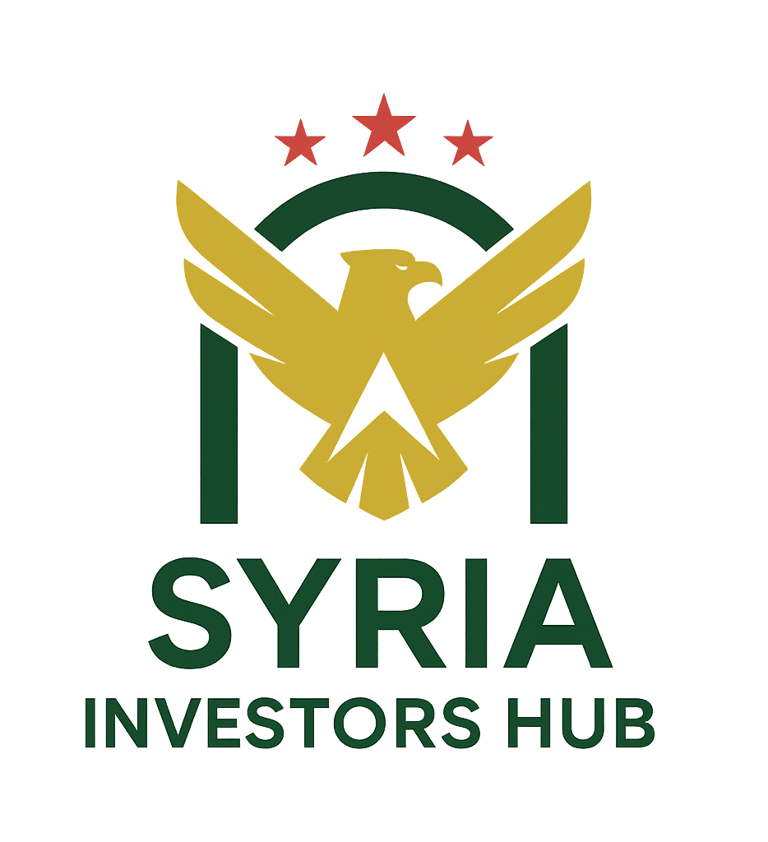Key Government Websites for Investors in Syria


1. Syrian Investment Agency (SIA)
Website: sia.gov.sy
Details: The main government body facilitating foreign and domestic investment, offering licensing, investor services, and a dedicated Investor Service Center.
2. Ministry of Finance (Syria)
Website: syrianfinance.gov.sy
Details: Responsible for financial policies, budget, public revenues, state expenditures, and public debt—central for understanding fiscal frameworks for investment.
3. Central Bank of Syria
Website: www.cb.gov.sy
Details: Manages monetary policy, currency issuance, the foreign exchange rate, and the banking sector—critical for financial operations and capital flows.
4. Damascus Securities Exchange (DSE)
Website: dse.sy (Damascus Securities Exchange)
Details: Syria’s primary trading venue for securities. Recently reopened after suspension, signaling progress in financial market infrastructure.
Additional Context
Syria has recently signed significant $14 billion investment deals (e.g., Damascus airport redevelopment, metro project), demonstrating renewed investment momentum (The Syrian Observer - A News Website, sia.gov.sy, Wikipedia, syria.law).
Additionally, U.S. sanctions on Syria were lifted as of July 1, 2025, enabling renewed access for international financial operations (OFAC).
5. Ministry of Tourism
Website: mots.gov.sy
Details: Oversees development and investment in tourism infrastructure, including marketing and establishing tourism facilities—key for those exploring hospitality or tourism ventures.
6. Syrian Petroleum Company (SPC)
Website: spc.sy
Details: State-owned enterprise under the Ministry of Energy, responsible for oil and gas exploration and production—important for investors in the energy sector.
7. Investment Law 18/2021 and Related Legal Frameworks
Reference: Investment Law 18/2021—accessible via legal portals (i.e. Syria.law)
Details: Provides tax exemptions, land use rights, investment protections, residence/work permits, arbitration mechanisms, and incentives across sectors.
